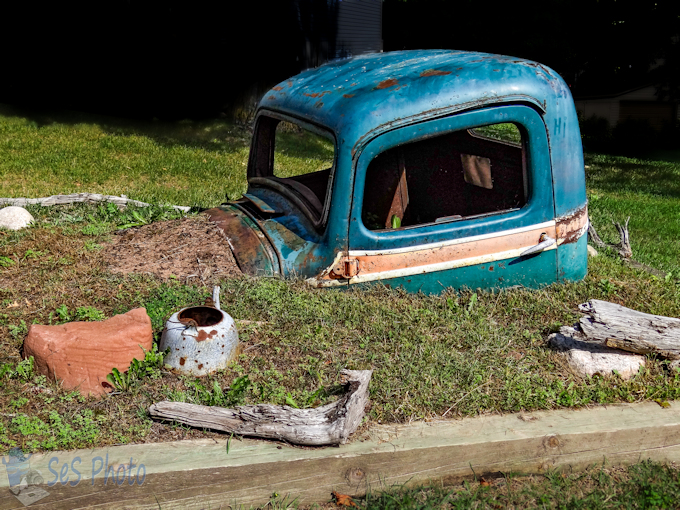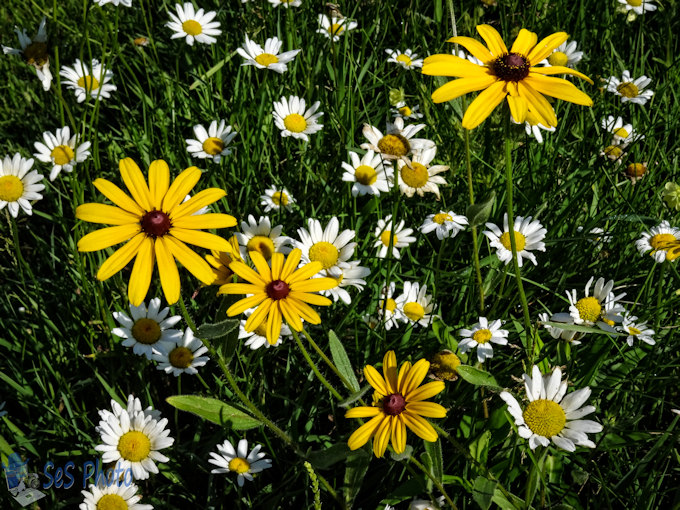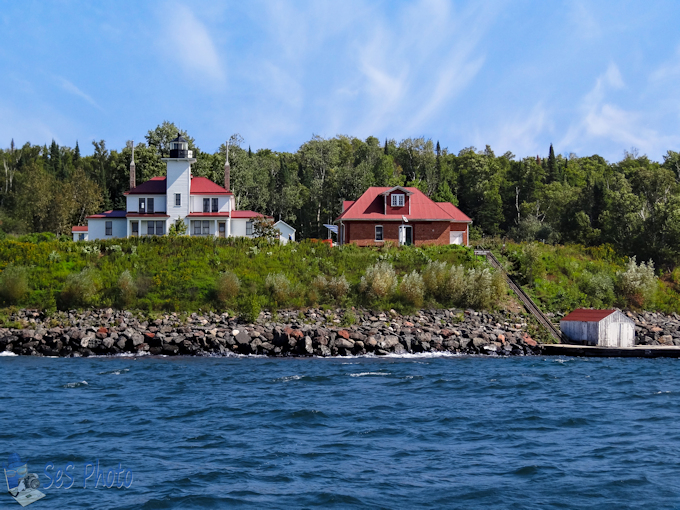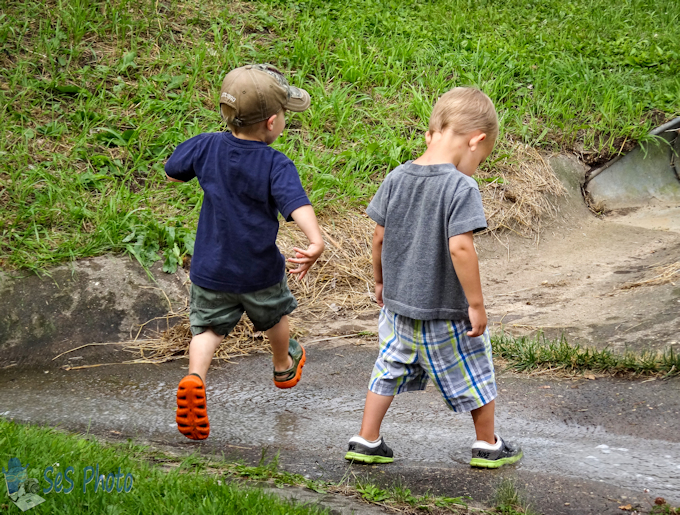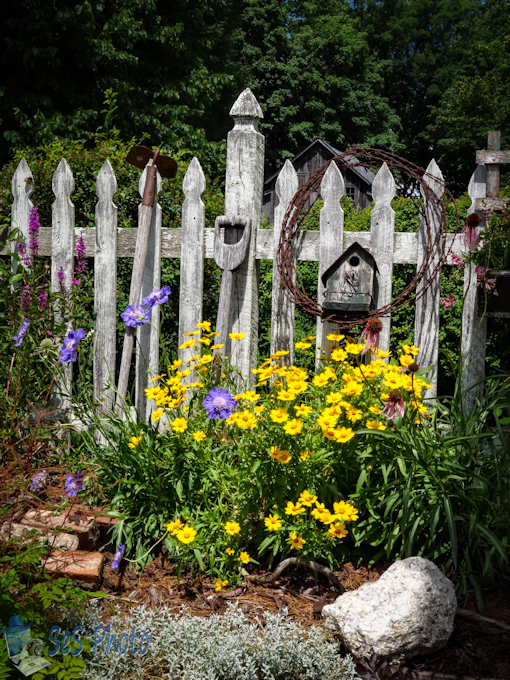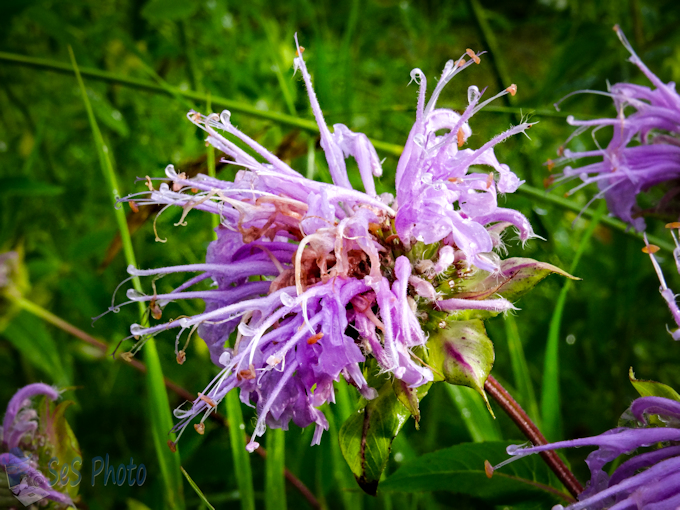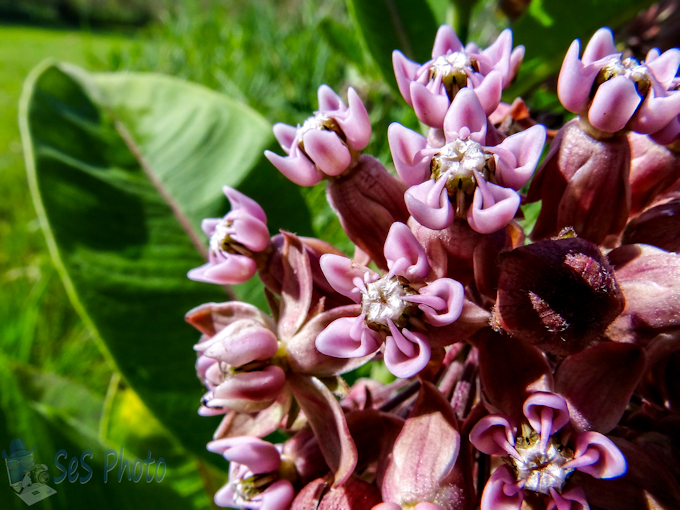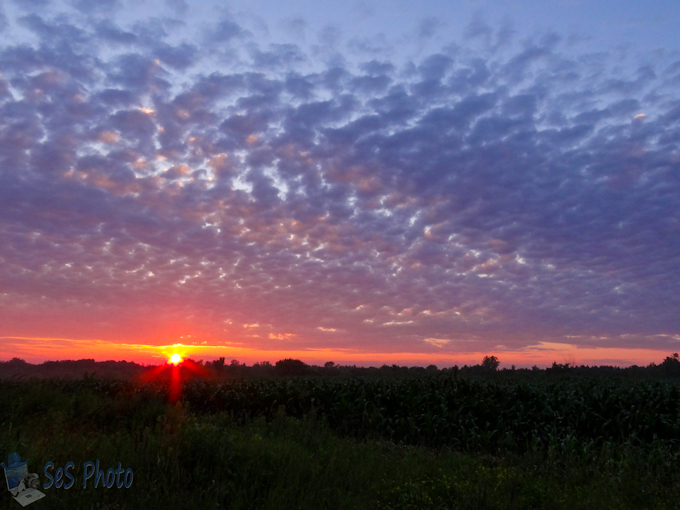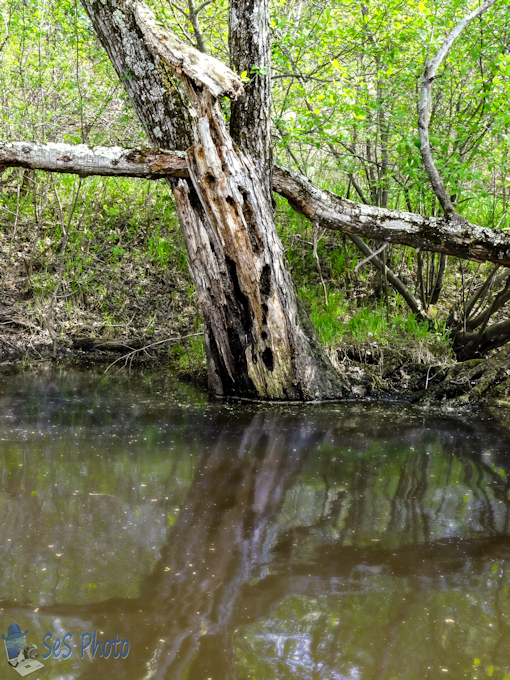The evening of July 16, 1942 was an event for those living in Bayfield, Wisconsin, will never forget when an estimated 8 inches of rain fell in about 12 hours and caused a massive flood which destroyed homes, businesses, city blocks, equipment and unearthed caskets from the cemetery. The “Big Ravine” forms a natural drain in normal times, but became a roaring river that night which tossed boulders like marbles and ripped through the city with destructive forces, leaving mud and sand everywhere when the waters receded.
The thirty graves which washed away from the cemetery, where scattered among the mud and not of all the bodies where able to be identified and some had to be re-buried in unmarked graves. In 2007, during a sewer project, more bones were found and were
believed to have been deposited by the 1942 flood.
In front of the Bayfield Heritage Center, a recreation of the mud filled streets which buried cars and trucks from the 1942 flood is on display as well as a section inside the center dedicated to the history of the flood.
Buried by the 1942 Flood
